POST-BREXIT “RESET”
On 19th May Keir Starmer hosted Ursula von der Leyen and Antonio Costa (he’s the EU Council President) for a “Reset Summit” at Lancaster House in London. Negotiations were reported to have gone down to the wire, but they announced a post-Brexit agreement encompassing defence and security cooperation, fisheries, agrifood barriers, carbon border taxes and border security enhancements.
The UK secured access for its arms manufacturers to the EU’s new £150billion SAFE defence fund and obtained measures to protect British steel exports, potentially adding nearly £9billion to the UK economy by 2040. However, the UK agreed to pay for the privilege of selling the EU armaments to defend themselves with (weird!) and gave away access to UK’s waters for EU (mostly French and Dutch) fishing boats for the next 12 years which was more than double the period anyone had expected. There were some wins for each “side” of course, but the general impression is that the UK had to fold on some key demands in order to get the deal over the line.

It’s the sort of requirement that might generate questions about how serious the defence reset actually is.

The most important issue that the “Reset” could have addressed – the introduction of a revised “Youth Mobility Scheme” was agreed in principle, but not actually agreed, so no-one knows how it might work, whether it will have a fixed quota of places or for how long young people will be able to live and work abroad. Just the little details.
Reform UK’s Policy Development
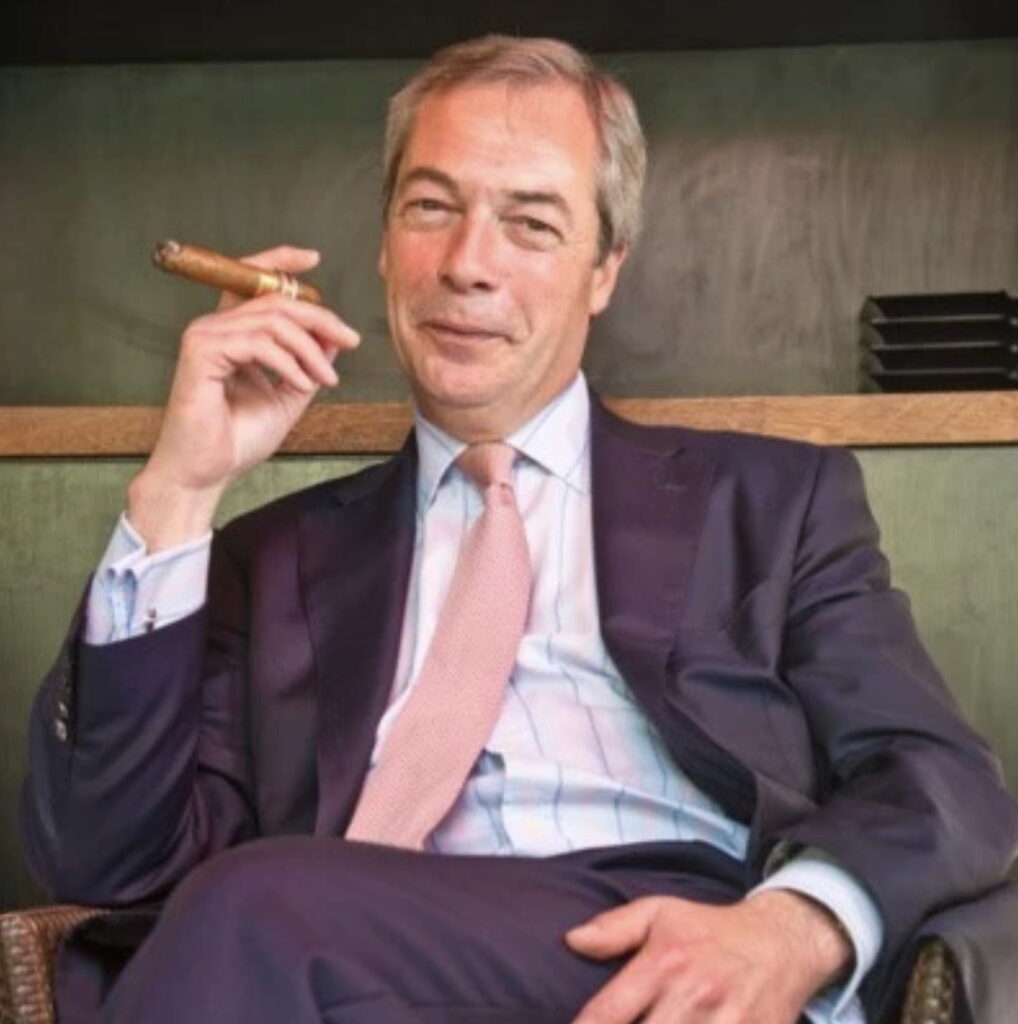
After Reform’s better showing in the local elections Nigel Farage unveiled a series of tactically clever proposals aimed at the Labour Party’s jugular, but presented as “policy developments”: raising income tax threshold to £20,000, reinstating winter fuel payments for pensioners and abolishing the two-child benefit cap. The Institute for Fiscal Studies estimated these measures could cost between £50-£80 billion annually. Farage suggested scrapping net zero commitments and cutting asylum costs to pay for this. It all seemed clever politics, but remains (haha) just “talk” with little prospect of implementation. Talk is cheap.
Meanwhile in LabourLand
Angela Rayner declined to confirm whether the government would remove the two-child benefit cap – hated by most of the Parliamentary Labour Party This fed rumours, bubbling under for some weeks, that Rayner was positioning herself for a run against Starmer (or picking up the pieces if the PM implodes.) Bridget Phillipson also indicated that changes to the two-child benefit cap were under review, emphasising investment in public services, suggesting a co-ordinated effort to nobble Chancellor Reeves was underway, probably with Yvette Cooper’s tacit assistance. Rayner is absolutely not on manoeuvres. Categorically. Doesn’t want to be PM. Ever.
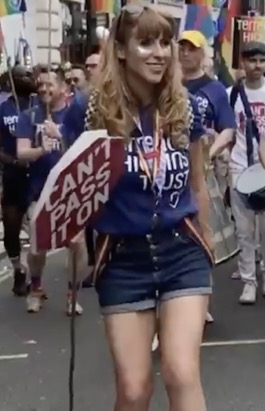
UK-US Trade and IMF Forecasts
The International Monetary Fund (IMF) warned that Trump’s tariffs would cost the UK economy £8.5 billion by 2026, reducing potential GDP growth by a cumulative 0.3%. Despite this, the IMF upgraded the UK’s economic growth forecasts, predicting 1.2% growth in 2025 and 1.4% in 2026, driven by monetary easing and increased public investment
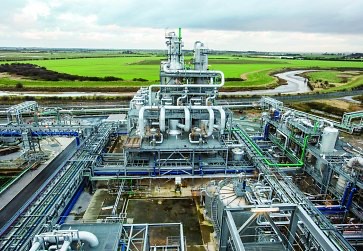
But trouble ahead was signalled as it became clear that the UK’s removal of a 19% tariff on US ethanol imports will probably result in the closure of the two UK bioethanol plants in Hull, operated by the Westons’ AB Foods and the German-owned CropEnergies plant in Teesside. You give some, you lose some.
Please check out our insta: @theworldofukpolitics
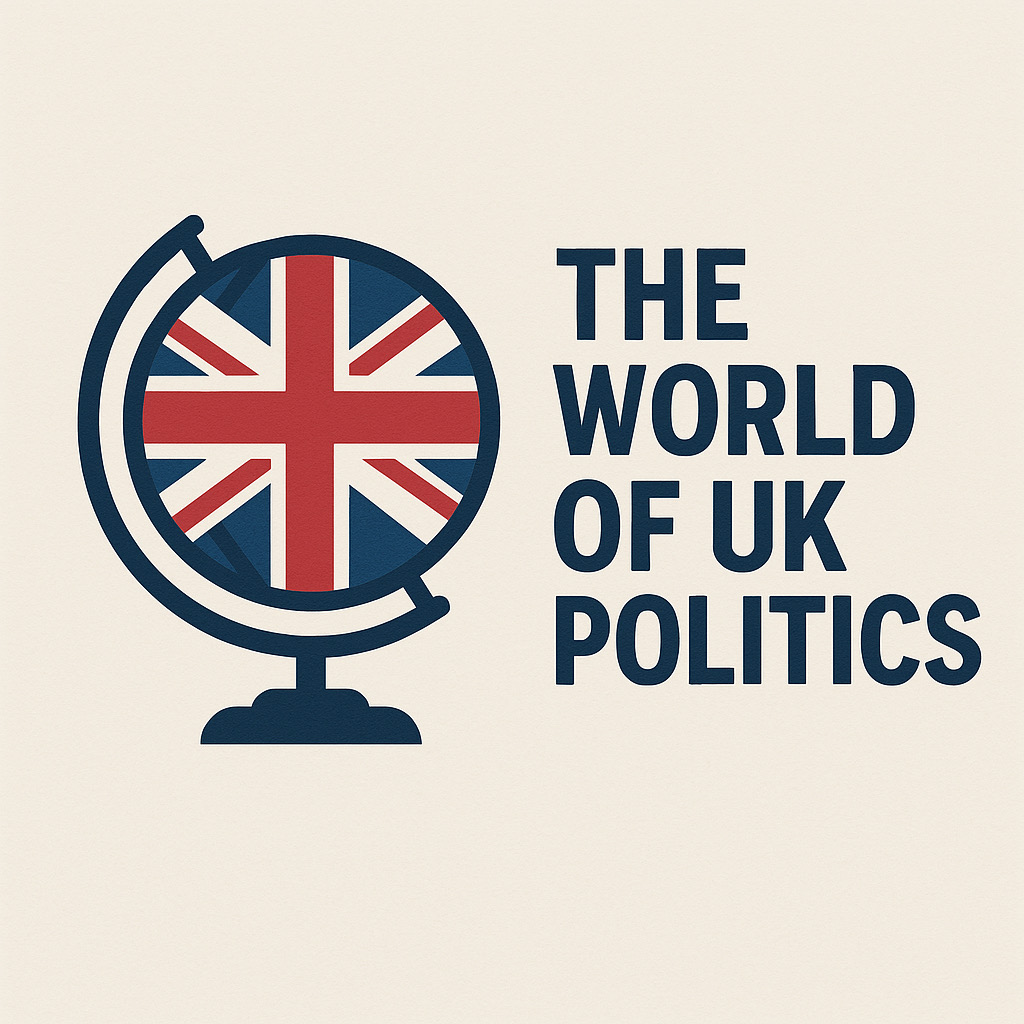
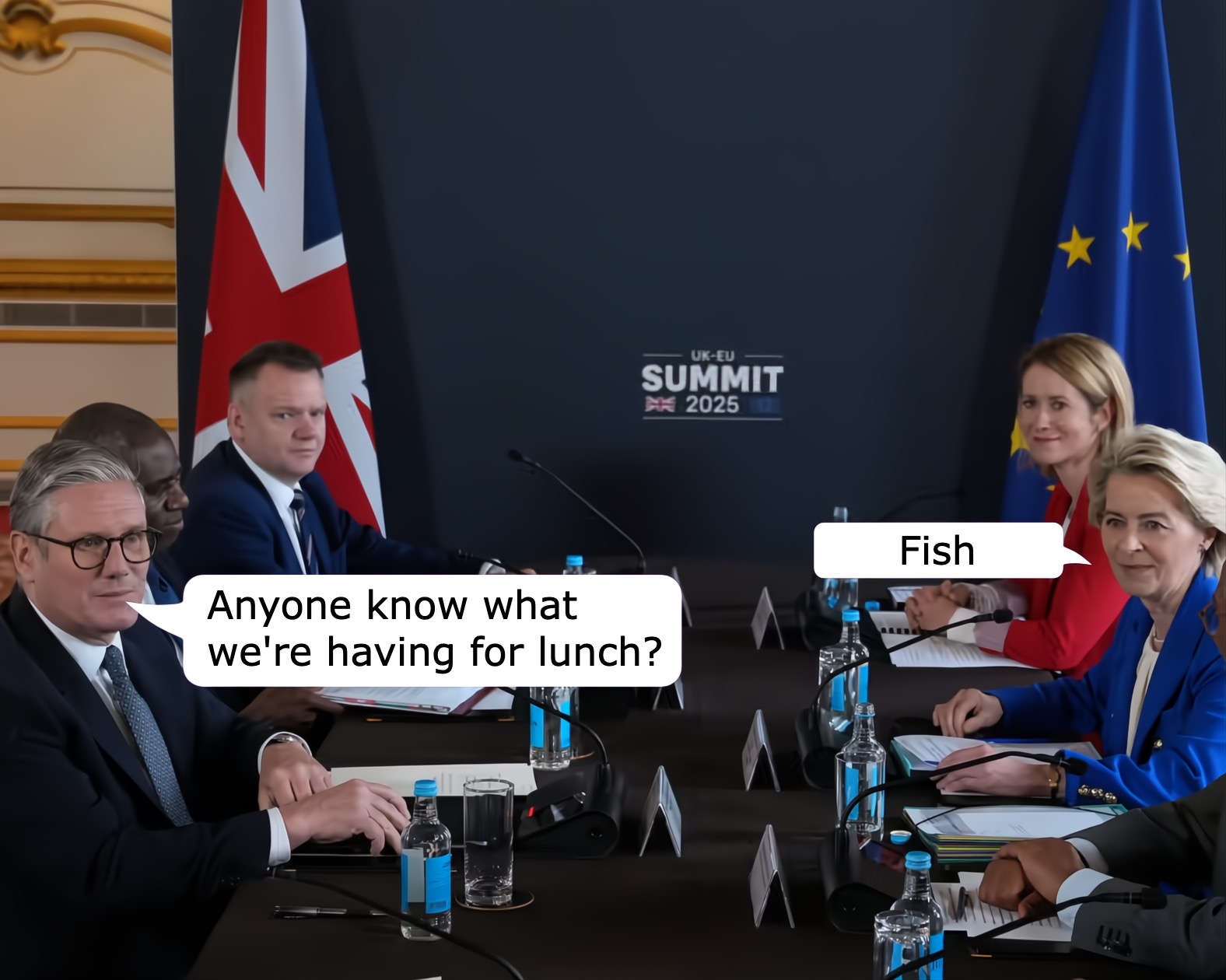
Leave a Reply